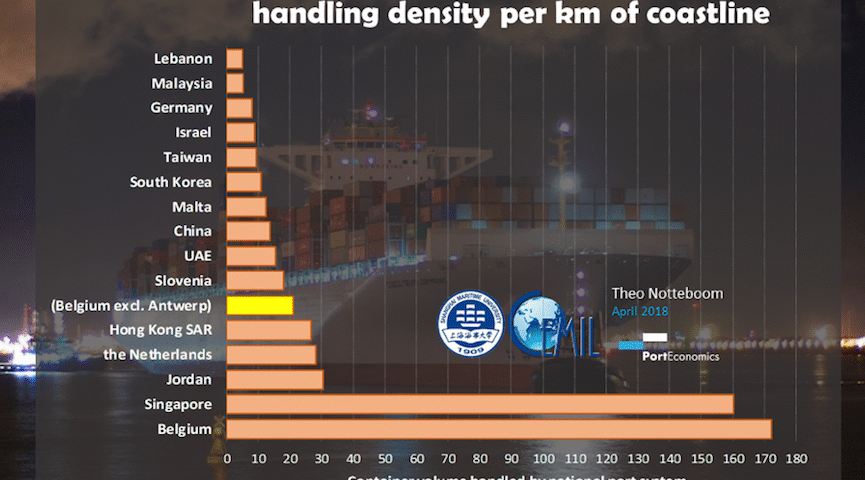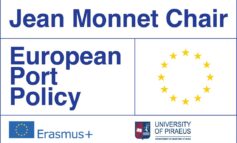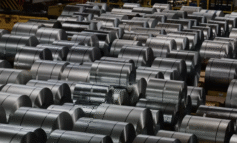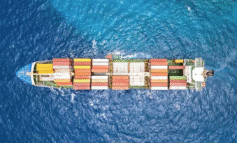By Theo Notteboom
The graph shows the annual container volume handled by a country’s port system per km of coastline. Belgium takes the no. 1 spot closely followed by Singapore. The list contains some other smaller nations with big container ports such as the Netherlands and Malta. The Belgian case is a bit special given that the nautical access via the river Scheldt to Antwerp (no. 2 container port in Europe) for a large part runs over Dutch territory. But even if we take Antwerp’s volume out, Belgium still makes it to the top 5 thanks to coastal port Zeebrugge.
Among the very large countries, only China is in the top 15 with close to 14,000 TEU handled per km of coastline. China’s container handling density along its coastline is much higher than in any other large nations such as the US (about 2,400 TEU/km) and India (some 1,600). Germany’s ports are all located in the north. In other larger European countries such as Spain, Italy, France and the UK, ports are spread out over long multiple coastlines.
The Middle East and Near East are well represented in the list, i.e. Jordan, the UAE, Israel and Lebanon. Jordan is a bit of a special case as it combines a relatively small container volume with a very narrow access to the gulf of Aqaba, hence the country’s high ranking.













